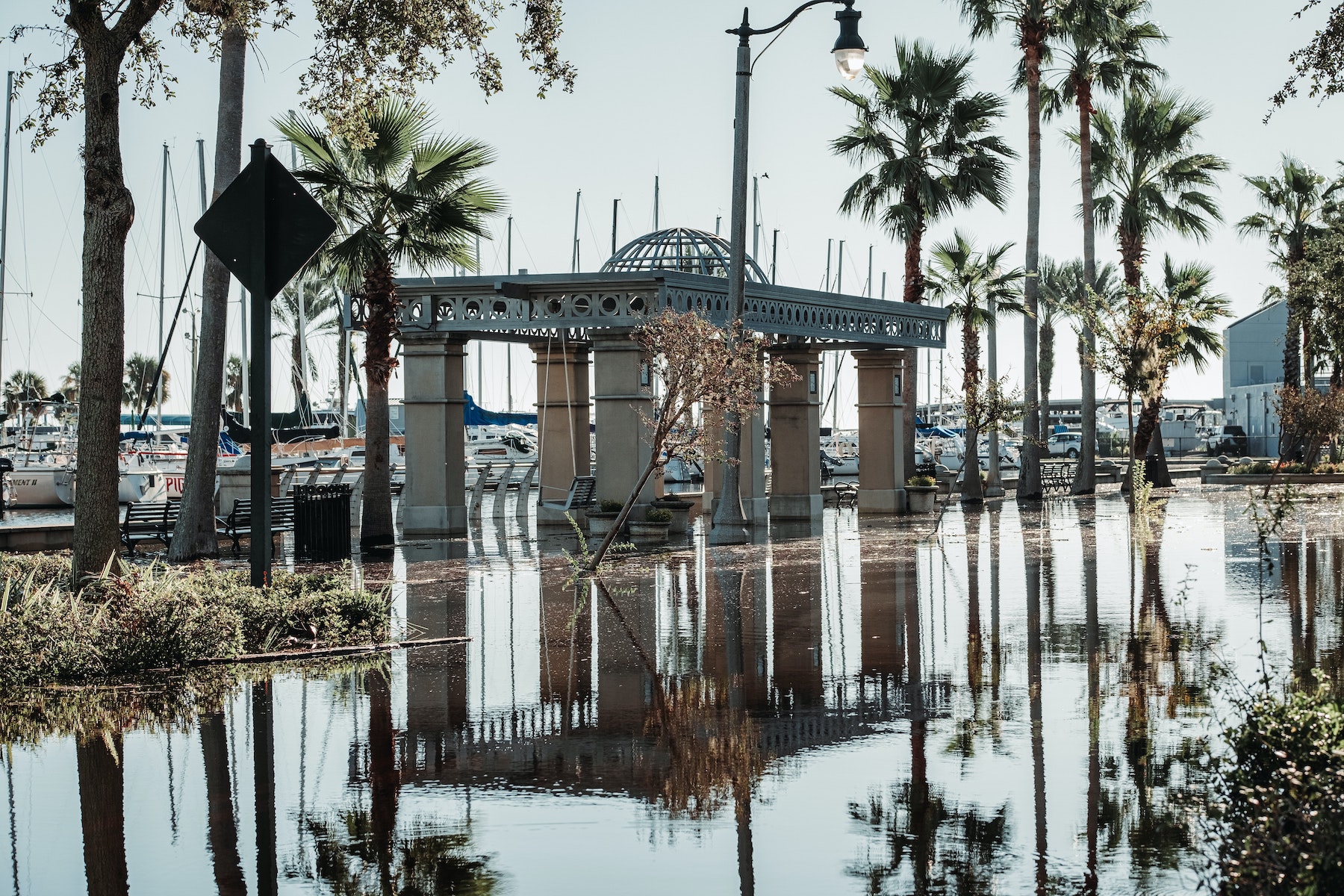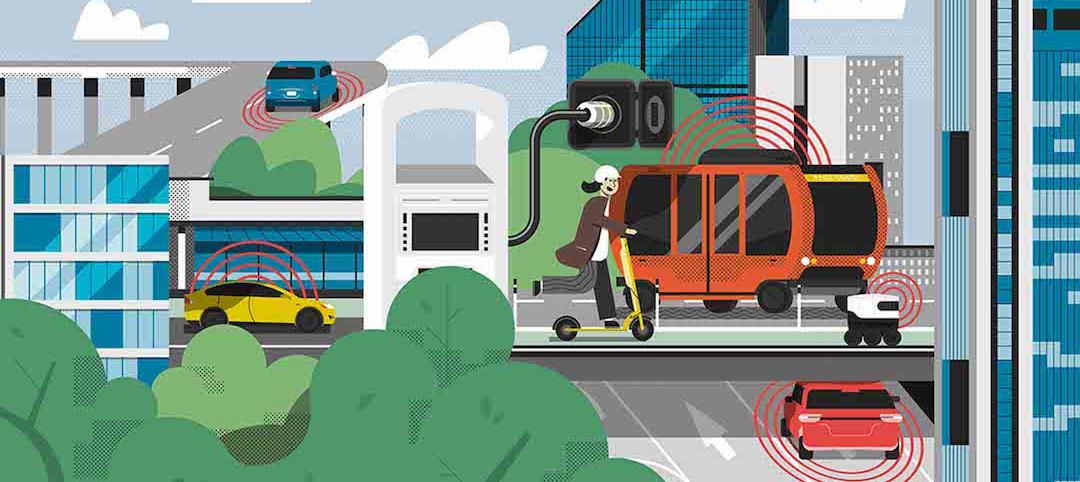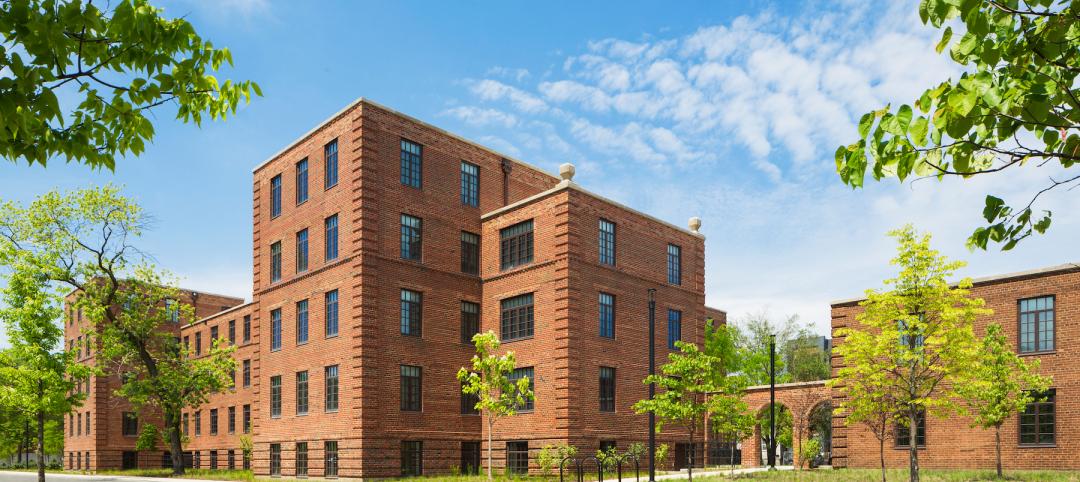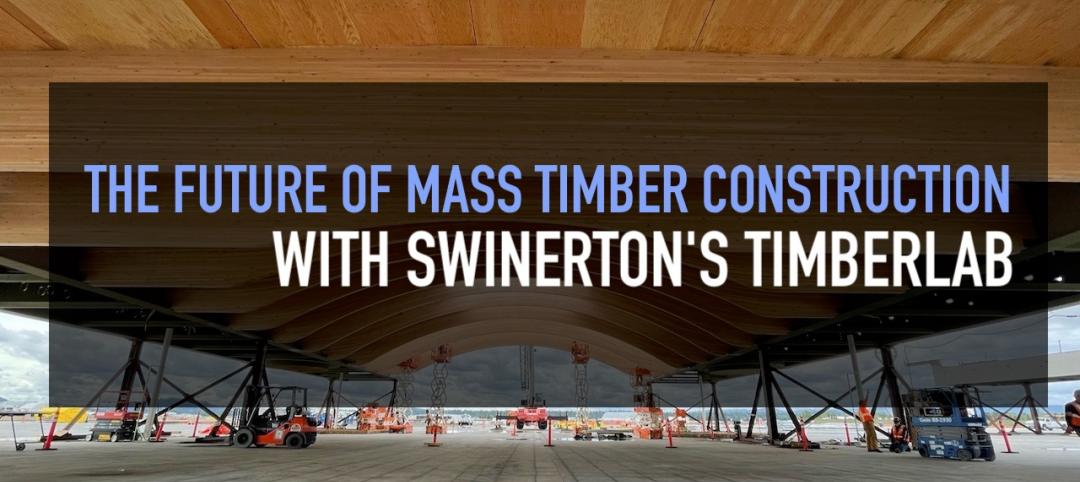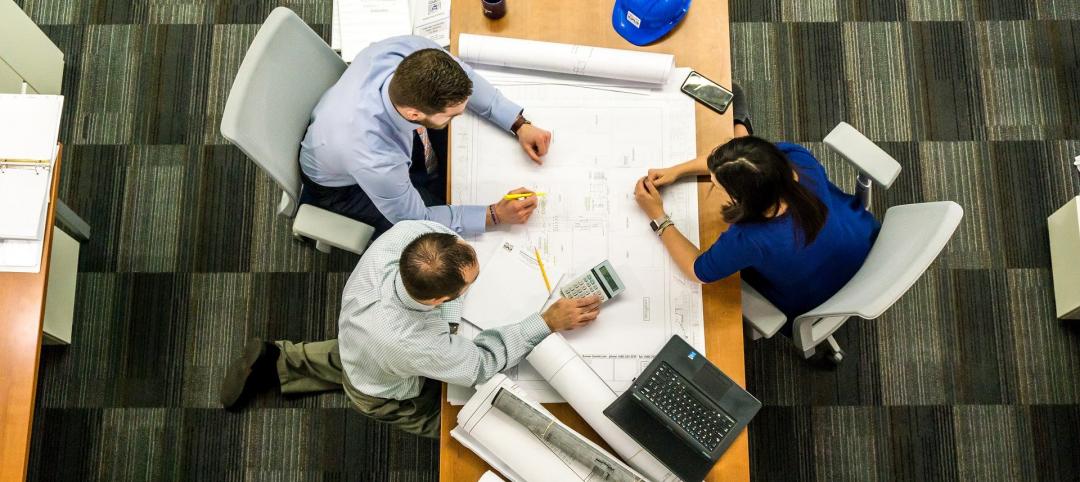A century ago, the southwest Florida coast was mostly swamps and shoals, prone to frequent flooding and almost impossible to navigate by boat.
Since then, real estate developers manipulated coastal and riverine ecosystems through dredging and filling to create valuable, buildable land. The results of their efforts created coastal communities that were home to more than 2 million people when Hurricane Ian struck.
Many of the homes in the region sit just a few feet from the ocean, surrounded by canals that flow to the Gulf of Mexico. The devastating storm’s 150-mile-per-hour winds and massive storm surge smashed hundreds of buildings to pieces, flooded houses, and tossed around boats and mobile homes. Vast portions of cities including Fort Myers and Port Charlotte were destroyed in a few hours.
The extensive land tracts formed by tearing out mangroves and draining swamps damaged natural wetland marshes that would have protected properties further inland from the storm surge. Thus, the damaging impacts of Hurricane Ian were catastrophic for a vast swath of southwest Florida.
Only three hurricanes had made landfall in the region since 1960, and none of them caused catastrophic flooding. Ian broke that streak, and those who rebuild in destroyed areas will continue to be at high risk from storms.
Related Stories
Green | Jan 10, 2022
The future of regenerative building is performance-based
Why measuring performance results is so critical, but also easier said than done.
Urban Planning | Dec 15, 2021
EV is the bridge to transit’s AV revolution—and now is the time to start building it
Thinking holistically about a technology-enabled customer experience will make transit a mode of choice for more people.
Building Team | Nov 23, 2021
DLR Group and Atrius collaborate on smarter, healthier building spaces
DLR Group and Atrius announce strategic collaboration to make the industry’s leading air quality analytics platform even more powerful.
Giants 400 | Oct 22, 2021
2021 Sports Facilities Giants: Top architecture, engineering, and construction firms in the U.S. sports and recreation facility sector
AECOM, Populous, Kimley-Horn, and HOK top BD+C's rankings of the nation's largest sports and recreation facility sector architecture, engineering, and construction firms, as reported in the 2021 Giants 400 Report.
Multifamily Housing | Oct 21, 2021
Chicago’s historic Lathrop public housing complex gets new life as mixed-income community
A revitalized New Deal–era public housing community in Chicago brings the Garden City movement of yesteryear into the 21st century.
| Oct 14, 2021
The future of mass timber construction, with Swinerton's Timberlab
In this exclusive for HorizonTV, BD+C's John Caulfield sat down with three Timberlab leaders to discuss the launch of the firm and what factors will lead to greater mass timber demand.
Multifamily Housing | Oct 12, 2021
Affordable and sublime: 13 projects that represent the future of affordable housing
These projects prove that it’s possible to develop aesthetically pleasing, high-quality housing for low-income families, the homeless, and veterans.
Building Owners | Oct 12, 2021
6 ways building owners can own their construction projects
Building owners have an important role in executing their capital projects and can greatly increase their project’s chances of success by understanding and actively managing a few key factors.
AEC Tech Innovation | Oct 7, 2021
How tech informs design: A conversation with Mancini's Christian Giordano
Mancini's growth strategy includes developing tech tools that help clients appreciate its work.
Green | Oct 6, 2021
My reaction to the UN IPCC Climate Change 2021 report: Ugh!
The recent report of the UN Intergovernmental Panel on Climate Change is not a happy read.


